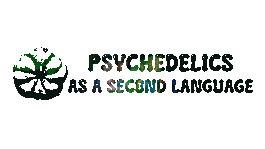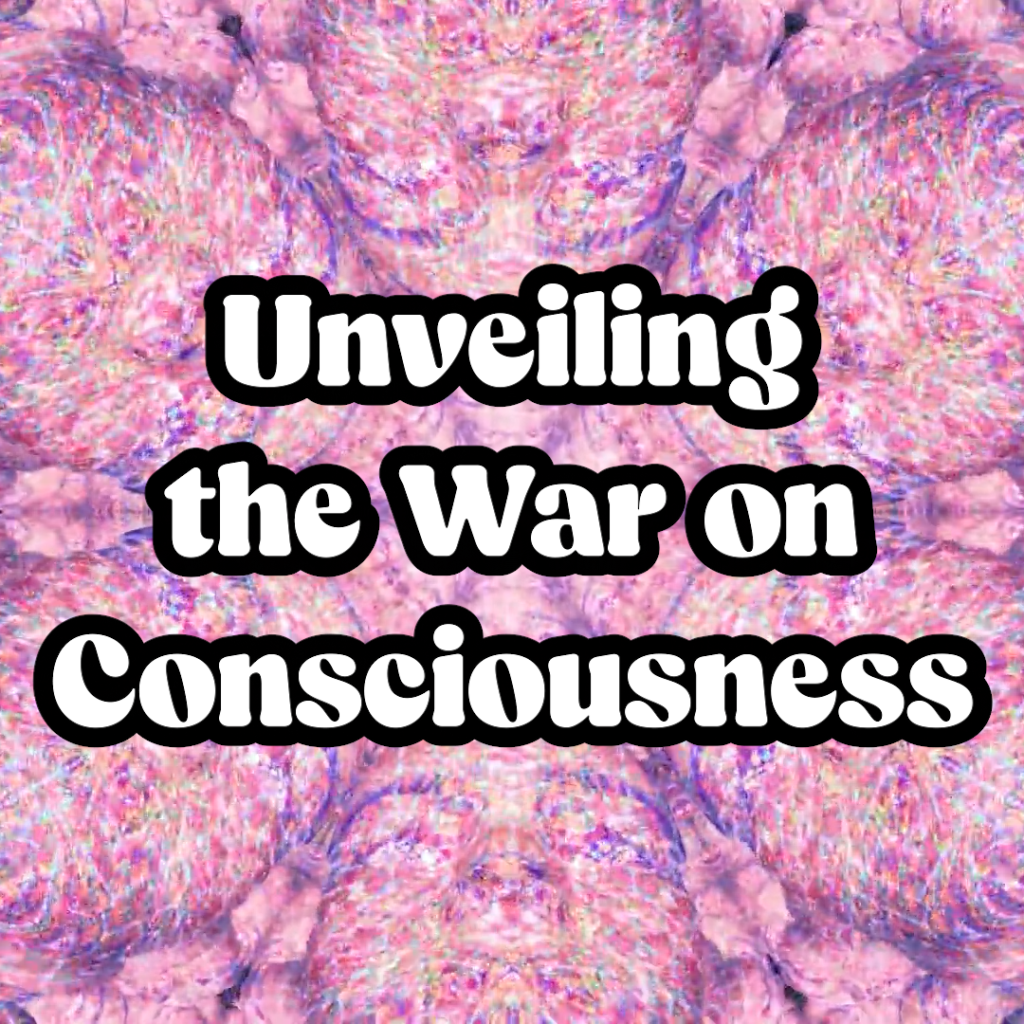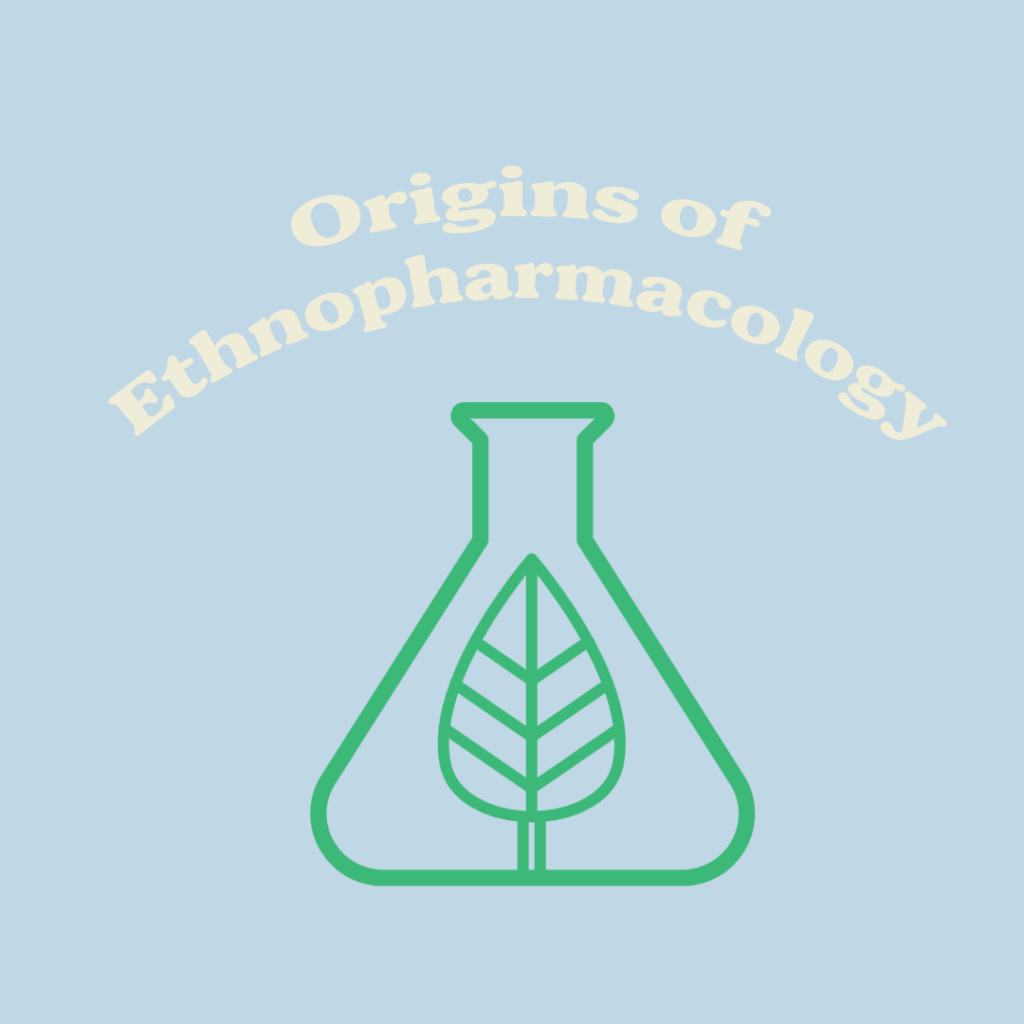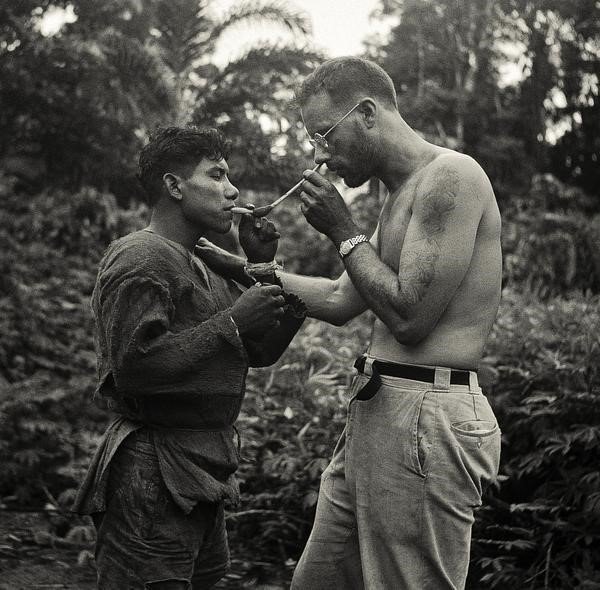Importance of women in the psychedelic space: with Jessika Lagarde, co-founder of Women on Psychedelics
It’s Women’s History Month and Women’s day. Today, we celebrate by mentioning the eternal importance of women in the Psychedelic world. To do so, we spoke to Jessika Lagarde, a Trauma-informed Psychedelic Practitioner, Educator, and co-founder of Women on Psychedelics (WOOP). Join us in a conversation about adversities entering the space as a South American BIPOC woman. Her admiration and inspiration for other women in the field, the reasoning and the goals behind WOOP, how you support and become a part of this project. We discuss the F.E.M. approach the group uses in retreats to help people connect with themselves and others. How might Women’s unique experiences with trauma, mental health, and resilience shape their perspectives on the therapeutic potential of psychedelics and advice to women who want to make a difference in this field? What kind of legacy she hopes women in the psychedelic space leave for future generations and much more!








